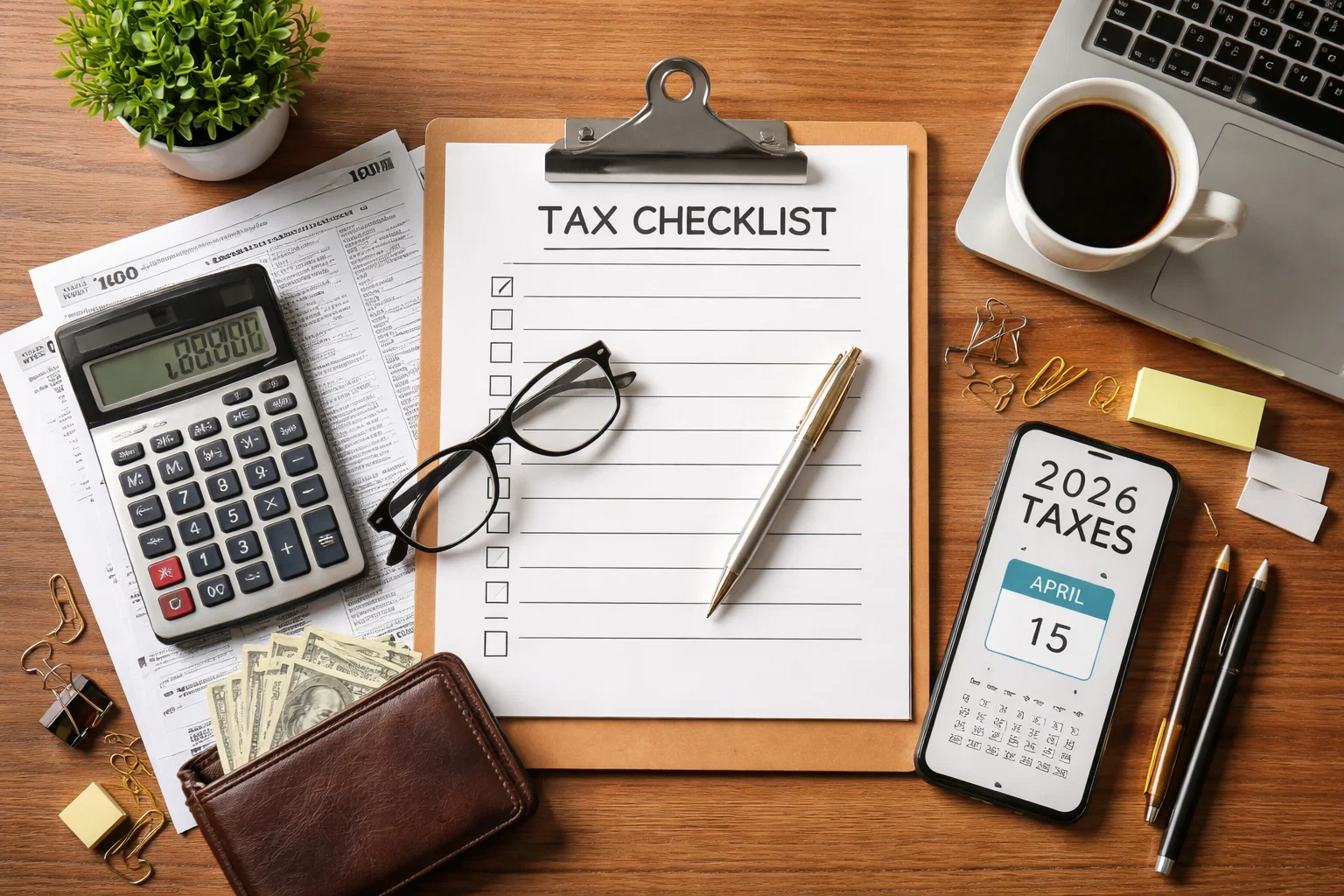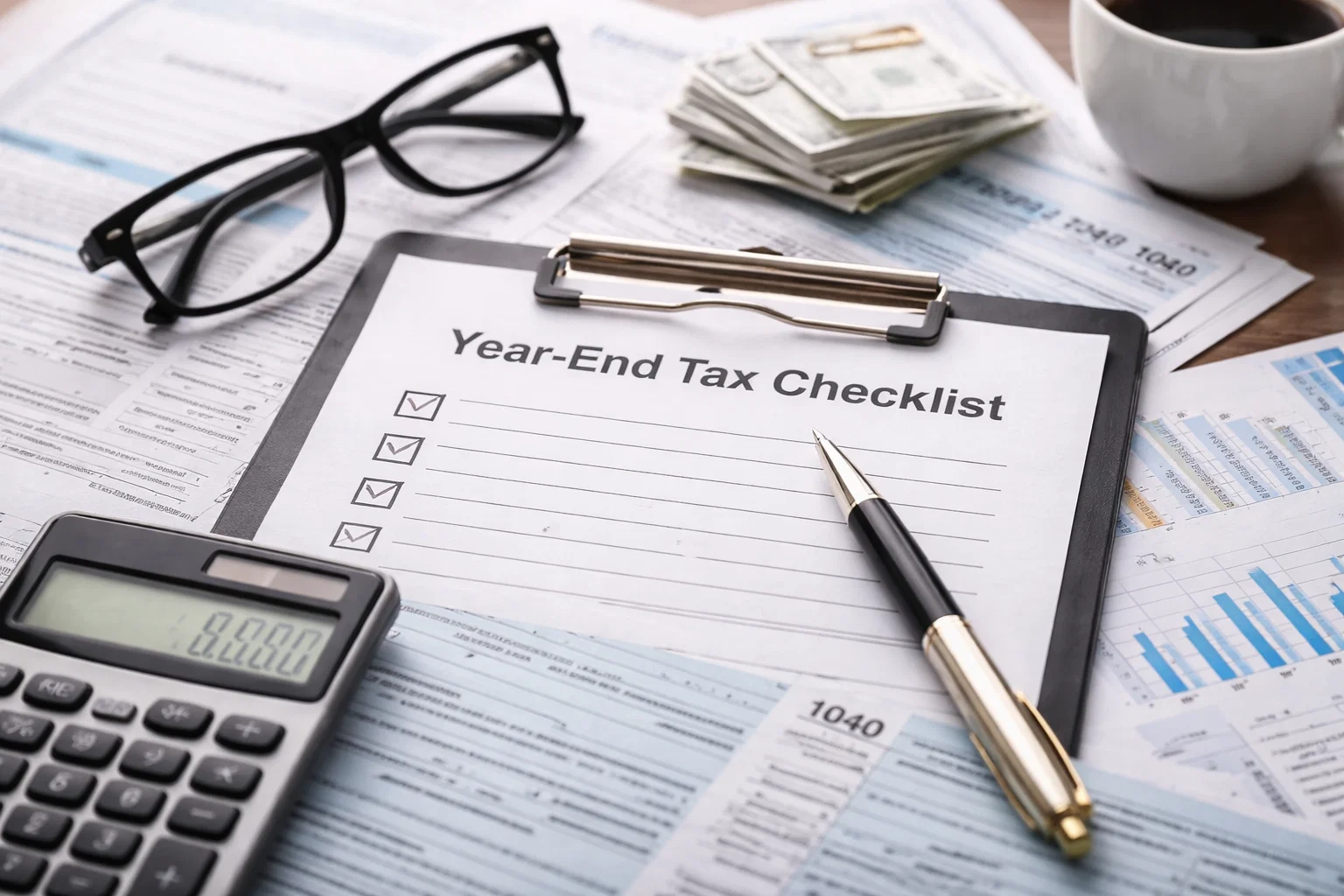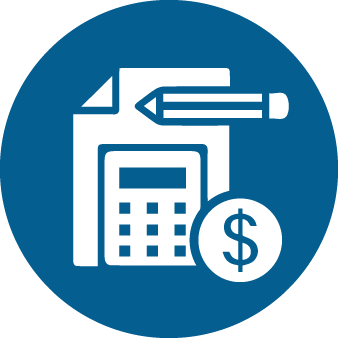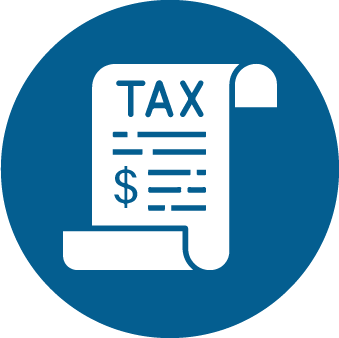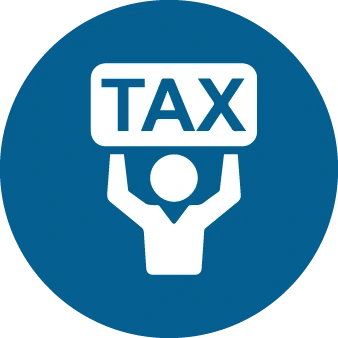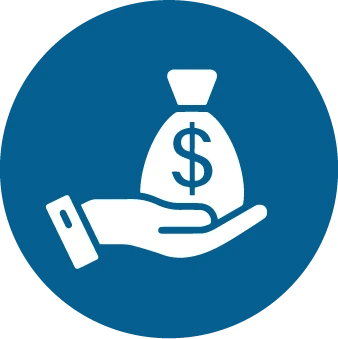The clock is ticking if you have not completed your 2020 tax return yet.
Monday, May 17 is the deadline for 2020 returns. Thanks to the coronavirus pandemic, the IRS put back the deadline for individual returns in March, allowing most Americans an additional month to register.
Even with the extra time, many Americans put off planning and filing their taxes, an already perplexing process was made more so by the healthcare crisis and legislation passed in the middle of the filing season this year.
Allison Koester, a former CPA, and associate professor at Georgetown University's McDonough School of Business, said, "It's always necessary to file your taxes; it's your duty."
The ability to demand any IRS refund is one of the most compelling reasons to file a tax return. The IRS has submitted more than 121 million individual tax returns and processed more than 110 million of them as of April 30. The IRS has issued over 81 million tax refund checks to Americans, with an average check of $2,865.
Families also earn the biggest windfall of the year in the form of a refund, which can be used to pay down debt, increase savings, and more. Americans can demand any money they are owed, particularly after the impact of the coronavirus pandemic this year.
According to Rebecca Thompson, director of the Taxpayer Opportunity Channel at Prosperity Now, a nonprofit, it is crucial to note that a refund is not free money. It is money you owe the US government because you overpaid them, an interest-free loan. You have the right to have it returned, and you should do so.
Although the deadline for filing taxes for this year is May 17, it is also the deadline for claiming any refunds from 2017. The IRS gives taxpayers three years to seek refunds. The IRS announced in April that $1.3 billion in unclaimed refunds from 2017 remained unclaimed.
“If they don't [file], the money is lost, and it becomes a treasury donation,” Thompson said.
Get your hands on those credits, and a lot more.
There are other reasons this year why filing with the IRS is relevant, even for those who do not usually do so.
For one thing, filing a return and receiving the recovery refund credit is the only way to get any economic benefit payments owed to you, or to get a “topped up” sum if your circumstances changed – for example if you had a baby in 2020 and were eligible for a stimulus check.
Tax reforms were also introduced as part of the American Rescue Plan. For the millions of Americans who lose their jobs because of Covid, the first $10,200 in unemployment insurance is now tax-free for those earning less than $150,000.
Extensions and Penalties
If you do not file, you risk losing your refund and incurring fines and interest if you owe the IRS.
“It is important for anybody who believes they would owe to make sure that their tax return is filed or that an extension is filed and approved by the IRS, and that they do so by the filing deadline,” Thompson said. “If they don't, they'll face fines for failing to register and paying.”
Of course, even though you file an extension, you can still be subject to penalties for failing to pay your taxes, according to her. Whether you file an extension or not, the payment deadline is May 17.
Even so, some people find that filing an extension is beneficial because the penalty for paying what you owe late is usually minor.
“There's no shame in asking for an extension,” Koester said. To get an extension, you must fill out IRS Form 4868. After that, you have until October 15 to register.
Just get it over with.
Due to many online services that assist people in preparing and submitting their returns, filing taxes has never been simpler in several respects.
“You still have time to gather your documents and file before the deadline,” said TurboTax tax expert Lisa Greene-Lewis.
There is no shame in requesting a postponement.
She suggests collecting all payroll statements, valid Social Security numbers for you and your dependents, correct bank records, and receipts for charitable contributions or things to subtract to ensure that planning and filing your return goes smoothly.
She also suggests filing electronically and choosing a direct deposit for any refund due because it is the quickest way to send your details and receive your money.
Thompson concurs. She said, "The IRS does not want your paper to return."
Related Articles
Services provided for you
Bookkeeping Services in Clifton, NJ
We serve a range of industries and customers, in an organized, friendly, and reliable way.
Business Tax Services
We are in a position to identify tax planning shots that reduce both your current and future tax liabilities.
Individual Tax Services
We gauge our worth by the personal and business successes of our clients and industries.
Payroll Services
For small and large corporations, payroll systems, highly qualified payroll experts support our services. Our primary objective is to provide customized services and highly favorable pricing for you.
Non-Profit Organization Services
Precision Accounting Intl can assist you set up and maintain your non-profit organizations nontaxable standing by handling all the authority reportage for you.
Part-Time CFO Services
If you"re ready enough to be in this role. Our Part-Time CFO Service Package provides you with a knowledgeable financial manager who will work with you to help guide the progress of your business.




